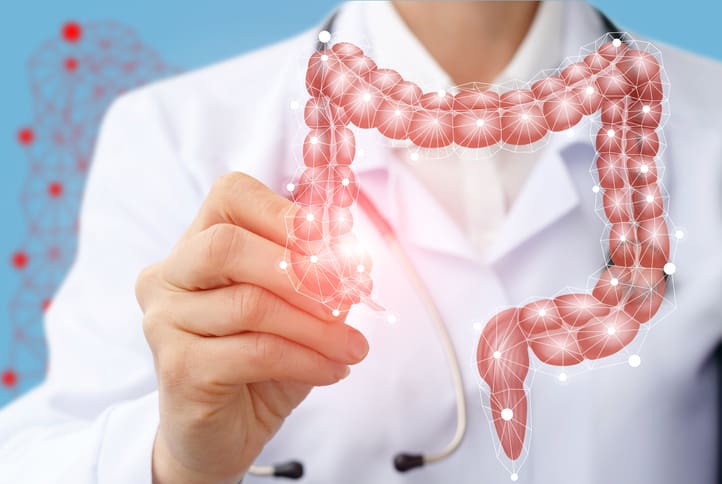Fecal microbiota transplantation (FMT) was the most successful treatment for recurrent Clostridioides difficile infection (rCDI) was fecal microbiota transplantation (FMT). For a study, researchers sought to determine if FMT recipient age and underlying co-morbidity impacted clinical outcomes and microbiome restoration when they were treated with shared fecal donor sources. In a single-center, open-label prospective cohort trial, 18 rCDI patients received fecal preparation from either a self-designated (single case) or 2 universal donors. About 16S rRNA gene sequencing of longitudinal fecal specimens, 12 age-matched healthy children, and 4 pediatric ulcerative colitis (UC) cases from an independent serial FMT trial but with a shared fecal donor were used as controls for microbiome restoration. FMT was considerably more effective in rCDI recipients without underlying chronic co-morbidities, with post-transplant responders’ fecal microbiota composition restored to that of healthy children. In certain rCDI patients with co-morbidities, microbiome reconstitution was not linked to clinical improvement. In pediatric rCDI responders, significant increases in Bacteroidaceae, Bifidobacteriaceae, Lachnospiraceae, Ruminococcaceae, and Erysipelotrichaceae were consistently seen, whereas Enterobacteriaceae declined, indicating increased complex carbohydrate breakdown capacity. Background illness in the recipient was a significant risk factor for FMT outcomes. Special care should be taken when contemplating FMT for juvenile rCDI patients with underlying co-morbidities.
Source:journals.lww.com/jpgn/Abstract/2022/02000/Fecal_Microbiota_Transplantation_Commonly_Failed.11.aspx


